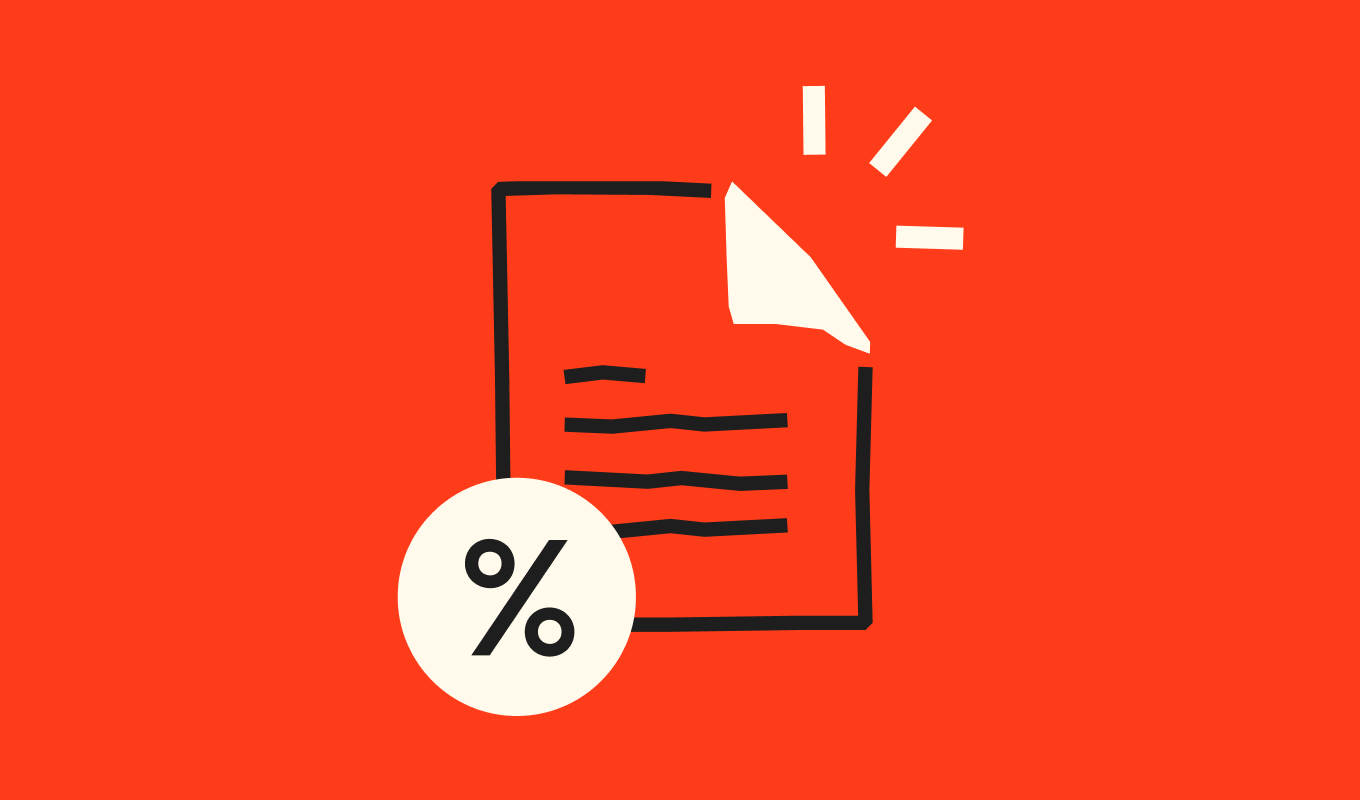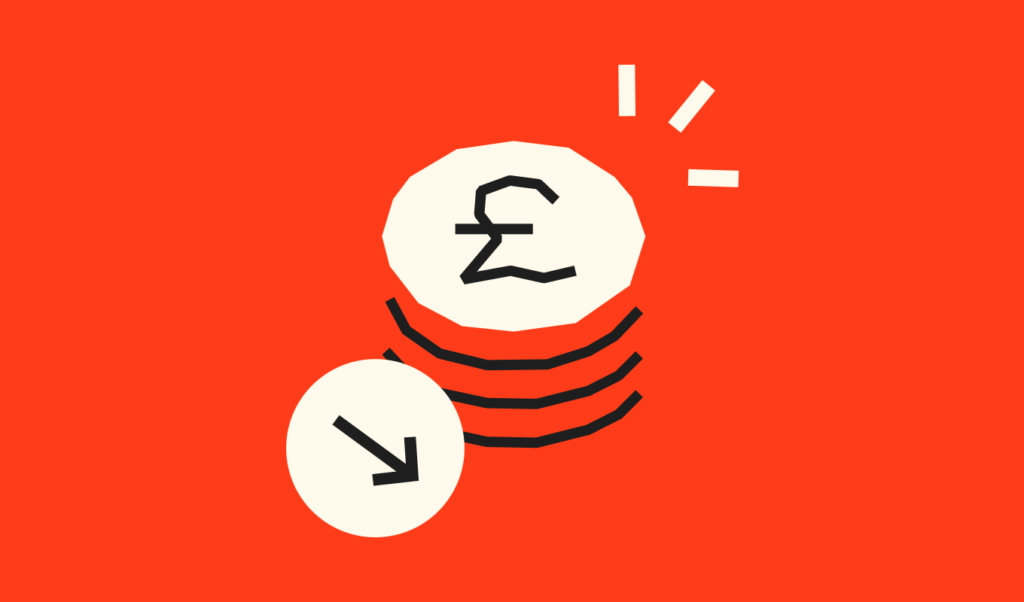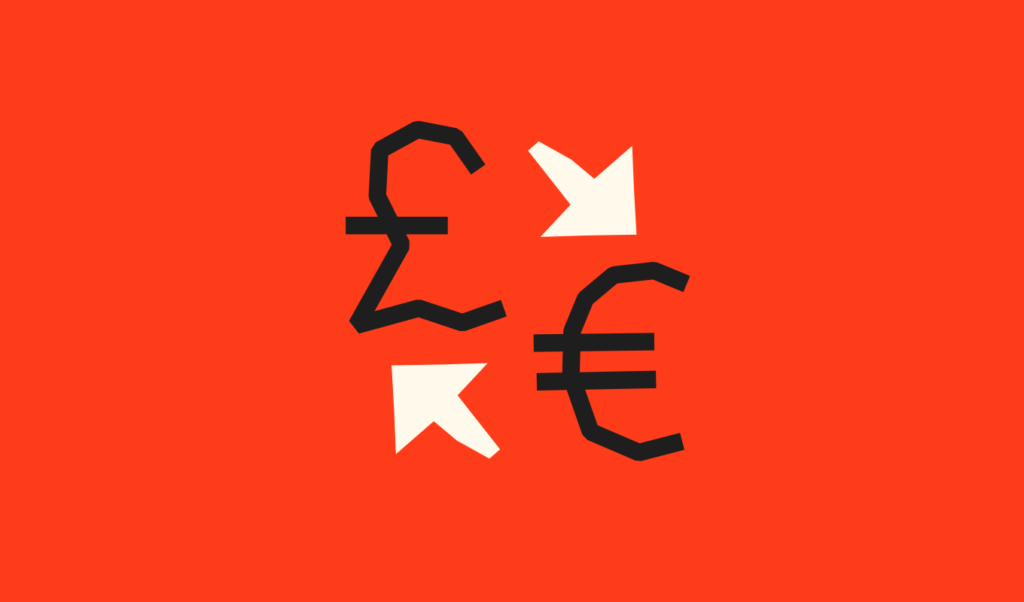How To Cut Import Taxes & Boss The Supply Chain Post-Brexit


Subscribe now! Receive 15% discount.
Don’t miss out – get 15% off your first order when you join the newsletter. It’s fast, free, and kinda smart.
You're now subscribed!
In this article:
This post was created in partnership with Juni
It feels like we’ve been talking about Brexit for longer than the European Union has existed. But the upheaval is still being felt throughout supply chains. There’s also a global pandemic, geopolitical crises and rising inflation to consider. No doubt you’ve seen your operational costs rise steeply as a result.
Brexit has changed the way taxes are applied to some imports. It’s also added more layers of red tape, which carry extra costs for businesses like yours.
HMRC customs duty tax receipts skyrocketed to a record £4.79billion in 2021/22. In the previous year, it was £2.96billion. That rise was due in no small part to extra fees being paid as a result of Brexit.
If your business is among those paying more to import goods to the UK, you’re probably looking for ways to lower that expenditure.
In this article, we’ll look at ways to reduce import taxes and associated operational costs.
You’ll learn:
- Simple ways your business can pay less import tax post-Brexit
- Measures you can take to reduce operational costs related to imports
- How to manage import costs when importing from China
- What other companies are doing to reduce import costs
Simple ways your business can pay less import tax
Imports to the UK worth more than £135 are charged customs duty. The rate charged varies depending on the goods.
Imports are also subject to import VAT. This is 20% of what you paid for the goods + what you paid for shipping + what you paid in customs duty.
You’ll be pleased to know that there’s nothing here that will get you into trouble. This is not about tax evasion or tax avoidance. The law is the law, so you will have to pay import taxes at the rate levied.
But there are operational and structural changes you can make that will ultimately reduce your import tax liability.
Let’s look at some of those right now.
Avoid buying from the EU
It sounds pretty drastic, but one measure you can take is to stop importing from the EU. That’s a step that some companies are taking to sidestep increased costs and extra paperwork.
One such company is browniegod.com.
View this post on Instagram
They told us: “We try to avoid buying directly from EU companies as it can be a bit of a headache. Since Brexit, it has become more expensive.”
Self-impose minimum order quantities
Cutting off imports from the EU might be impractical for your business. If so, think about the point at which additional import costs become worthwhile.
Browniegod.com will occasionally still buy from the EU if the investment of time and money stacks up for them.
They explained:
“When we do buy from EU suppliers directly, these are usually purchases that are relatively large sums for our business. The €19,000 packaging order we made with Packhelp is a good example”.
In these cases, the cost savings outweigh the inconvenience.
“We avoid cheaper transactions. For example, we were charged customs duties of around £50 for each parcel of a few packaging samples we requested from Packhelp. If this came from the UK, there would have been no cost.”
See how Packhelp is now seamless for UK customers
Find products that meet rules of origin criteria
The costs of importing to the UK from the EU remain similar for products that originate from the UK or EU.
Customs duty is still 0% for such products, just as it was pre-Brexit.
Your supplier can self-certify that the goods you’re importing meet the rules of origin.
Import from a tariff preference country
We’ve just mentioned that the UK-EU post-Brexit trade deal offers 0% customs duty in some cases.
Lower customs duty rates apply to other countries too.
Check the UK trade tariff to see which countries are eligible for preferential import rates.
Use inward processing relief
If you’re importing goods that need to be processed or repaired, you can apply for inward processing relief (IPR). This allows you to import into the UK without paying customs duty or VAT.
IPR is particularly useful if you’re importing goods to manufacture a finished product that will be of UK origin under the rules of origin.
In these cases, the finished product could be supplied to the EU without incurring any customs duty.
Check the commodity code
You will need to use a 10-digit commodity code on your declaration when importing a product.
Use the UK Government’s trade tariff to look up your product, and check customs duty and import VAT rates.

Using the wrong commodity code could result in you paying too much in import taxes.
If you’re unsure, you’re importing a complex range of goods, or you want to make sure you’re not overpaying, hire a reputable consultancy firm to guide you.
They will be able to find the correct commodity codes and advise on any tax exemptions that will reduce your costs.
How to reduce importing costs
If you’ve considered how to reduce your import tax liability, the next step is to reduce the associated costs of importing. Here are some steps you can take to do that.
Register for CHIEF
If you’re importing regularly, it’s worth registering for the Customs Handling of Import and Export Freight (CHIEF) system.
CHIEF allows you to make import declarations electronically. This helps to reduce the amount of paperwork you need to complete.
CHIEF also automatically checks for entry errors, which might also end up saving your company time and money. Apply here.
Use postponed VAT accounting
Your company can choose to account for import VAT on its VAT return.
This has big benefits for cash flow because you'll declare and recover import VAT on the same VAT return. You’ll avoid situations where you pay import VAT when your goods arrive but only apply for reimbursement later.
It also reduces the admin associated with handling import VAT for each delivery. This is likely to deliver a financial saving in your operational costs.
You don’t need to register or sign up for postponed VAT accounting. Simply enter ‘G’ in box 47 of your customs declaration to show this is what you’re doing.
HMRC will release your goods and note that import VAT will be paid later.
On your next VAT return, include the postponed import VAT amount in box 1. You’ll be able to find this amount in your online monthly statement.
In box 4, give the amount of VAT you’re reclaiming (which will usually be the same figure as you’ve put in box 1).
Finally, in box 7 write the total value (excluding VAT) of all the imports for which you postponed VAT accounting.
A really simple way to improve cash flow.
Go digital
We’ve touched on this in the points above, but switching to digital, in general, is a good way to offset the increased paperwork post-Brexit.
Think about your processes when importing new products.
Think about data management related to your importing process. Consider how many paper records or manually updated spreadsheets are currently in use across your supply chain.
Are data, documents, and electronic authorisations automatically sent between you and your suppliers?
Hops supplier Yakima Chief automates customs declarations using the CAS customs compliance software.
This process:
- cuts admin expenses,
- reduces shipment lead times and
- increases compliance levels.
It also means shipments clear customs more quickly than would otherwise be possible.
Its director of operations for Europe, Alexandre Dumont de Chassart, told us: “Automating our customs declarations has helped us expedite import, export, and transit between the EU and UK.”
Use supply chain AI
Artificial intelligence (AI) is perhaps the major trend in supply chain management. At its most basic level, this might involve automating replenishment quantities and orders.

More advanced options are plugged into the full supply chain to understand every aspect of the importing process.
This might include:
- Full integration with suppliers to optimise supply and forecast problems
- Automated optimisation of shipment routes, freight partners, and vessel sharing to reduce costs
- Dynamic production planning for agile responses to changes
Supermarket Morrisons manages its supply chain with the Blue Yonder platform. The software ensures that the right quantity of its 29,000 SKUs reaches each of its 500 stores.
Head of supply chain development, Rob Jenkins, said “When we implemented Blue Yonder, we were able to leverage machine learning that the Blue Yonder team had built and very rapidly build a sales forecast that we rolled out to the majority of our lines of business.”
The result was a 30% increase in on-shelf availability of products and a 2 to 3-day reduction in inventory days on hand.
Import in the right currency
Using your bank is likely to be an expensive way of paying overseas suppliers. Find alternatives to reduce your international transfer and currency exchange fees.
Wise lets you transfer to bank accounts around the world for 6-times cheaper than the cost of some bank transfers.
With Juni, you can pay in the right currency using multi-currency accounts and payment cards for GBP, USD and EUR.
You also get 1% cashback on all eligible spending leading to extra savings on your import costs.

Use customs warehousing
Get your goods safely to the UK but delay paying duty until you need the stock by using a customs warehouse.
You only pay customs duty and import VAT when your goods leave the customs warehouse.
This has a few advantages. Firstly, amid concerns over supply chain resilience, it may be useful to have a surplus of stock already in the UK but not yet in your own warehouse.
Secondly, you might be able to secure a better price from your supplier by ordering in a higher quantity.
This will deliver savings on transport costs compared to multiple smaller orders.
How to manage import costs when importing from China.
More than 10% of all UK imports come from China. Imports from China rose 66% between 2018 and 2021, with China replacing Germany as the UK's biggest import market.
As a result, China is perhaps now the key market for importers to the UK.
So, how do you manage and minimise import costs when importing from China?
Consider using a freight forwarder
Many companies use a freight forwarder when importing from China. Importing from China is complex. There are various tariff rates and logistical practicalities to consider.
If this is not your strong suit, using a freight forwarder or customs broker with expertise in these areas will save on your operational costs.
If you feel confident exploring tariffs and shipping routes, you will cut costs by keeping these jobs in-house.
Choose the right shipping terms
The shipping terms you choose when importing from China will impact your costs.
The International Chamber of Commerce details different types of international freight.
Incoterms detail various standard forms of international freight. Following these reduces the risk of misunderstandings between you and your supplier.
Options include:
EXW (Ex Works):
You are responsible for everything from the moment the goods leave the supplier.
FOB (Free on Board):
The supplier is responsible for everything up until the goods are loaded onto the vessel, then you take responsibility. You will be responsible for customs clearances, customs duty and import VAT.
CIP (Carriage and Insurance Paid To):
The seller is responsible for shipping the goods to your port of choice. They also take on the insurance costs — but not the risk — until they are unloaded at the import port. You take on full responsibility once the goods are unloaded.
DAP (Delivered at Place):
The supplier is responsible for delivering the goods to an agreed place. You will be responsible for customs clearances, customs duty and import VAT.
DDP (Delivered Duty Paid):
The supplier is responsible for delivering the goods to an agreed place. They will also be responsible for customs clearances, customs duty and import VAT.
As with freight forwarding, the best option depends on your confidence in your supply chain and your own skill set.
EXW is likely to offer the most favourable price and will help you to minimise import costs. But DDP minimises the risk and may be a better option if you’re new to importing from China.
Expect your supplier to factor the level of risk they’re taking on into their price.
Use intelligent pricing technology
Research shows 92% of UK businesses say Covid-19 and Brexit have made it very difficult to manage their pricing.
Some 66% now pay closer attention to pricing strategies. Supply chain disruption caused by Brexit and Covid-19 can be particularly keenly felt when goods travel all the way from China.
Software like Flintfox, Blue Ridge and PriceFX will help you to:
- Monitor fluctuations in supply costs
- Track margins at every stage of the supply chain
- Automatically adjust prices accordingly
The Very Group is an online retailer with Very and Littlewoods in its portfolio. It says it achieved "massive" gains in productivity and efficiency by using automated pricing software.

Avoid anti-dumping duty measures
Reduce your import costs when importing from China by avoiding goods that will be charged anti-dumping duty measures.
Anti-dumping duty is imposed by HMRC on goods being exported at less than the value of similar goods in the exporter’s country. For example, importing ironing boards from China will see you hit with a hefty anti-dumping duty fee.
See current anti-dumping duty measures.
Choose air or shipping freight
Your choice of transportation will also have an impact on import costs.
If you’re not in a hurry for your goods, transporting by sea will offer considerable savings, particularly for larger and heavier items.
But as the 2021 Suez Canal obstruction showed, when something goes wrong there’s not much that can be done but sit and wait.

Air freight is likely to be more expensive, but it will also be much faster and more flexible (a grounded flight being easier to solve than a grounded ship).
In these times of uncertain global supplies, maintaining supply chain surety is vital. Having goods in your possession might be more economical than potentially losing sales.
Conclusion
That concludes our look at how to lower import taxes and boss the supply chain post-Brexit. You’ve learned some simple ways to minimise import taxes when bringing goods to the UK.
You’ve also seen how to reduce associated costs of importing and specifically how to cut costs when importing from China.
Along the way you’ve also seen some of the measures businesses have put in place to reduce their import costs.
If Brexit and other world events have impacted your operational costs when importing, let us know!


























